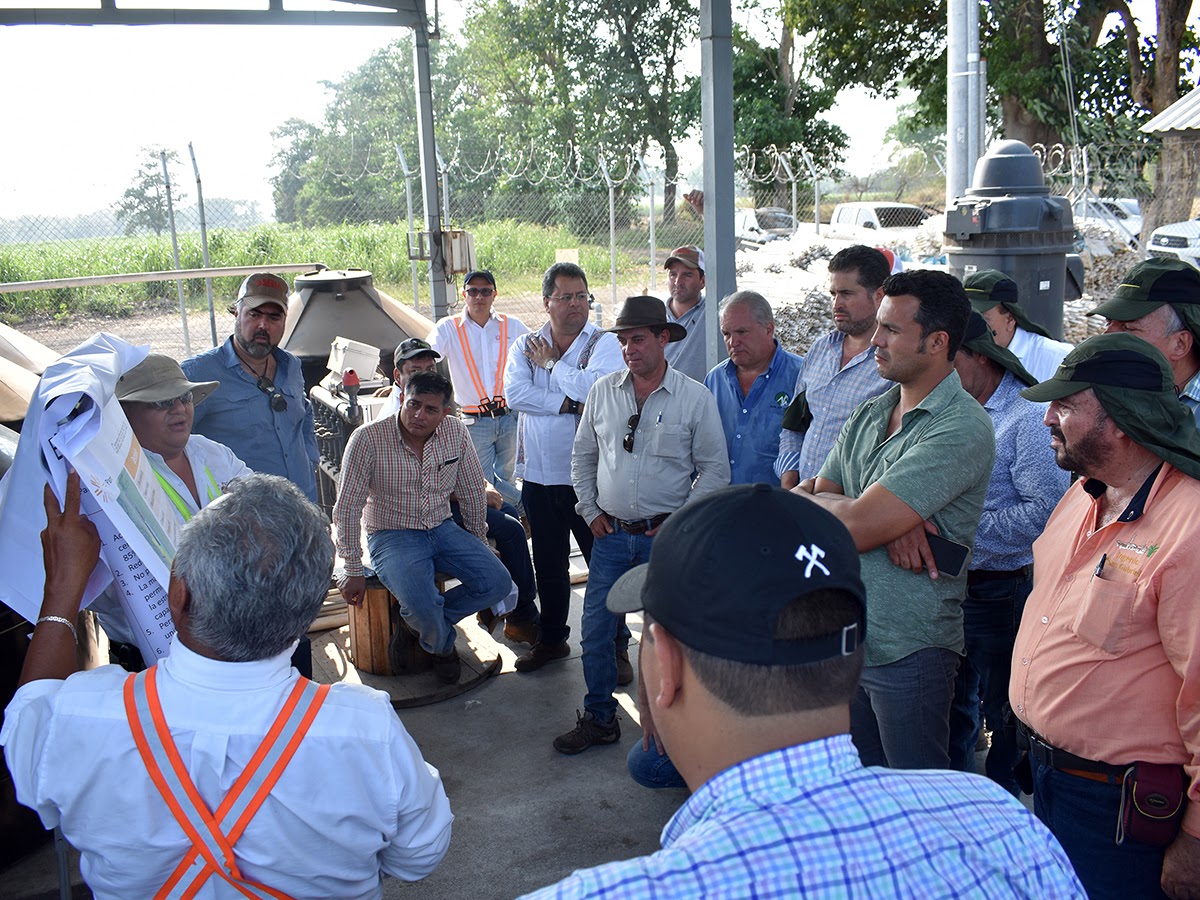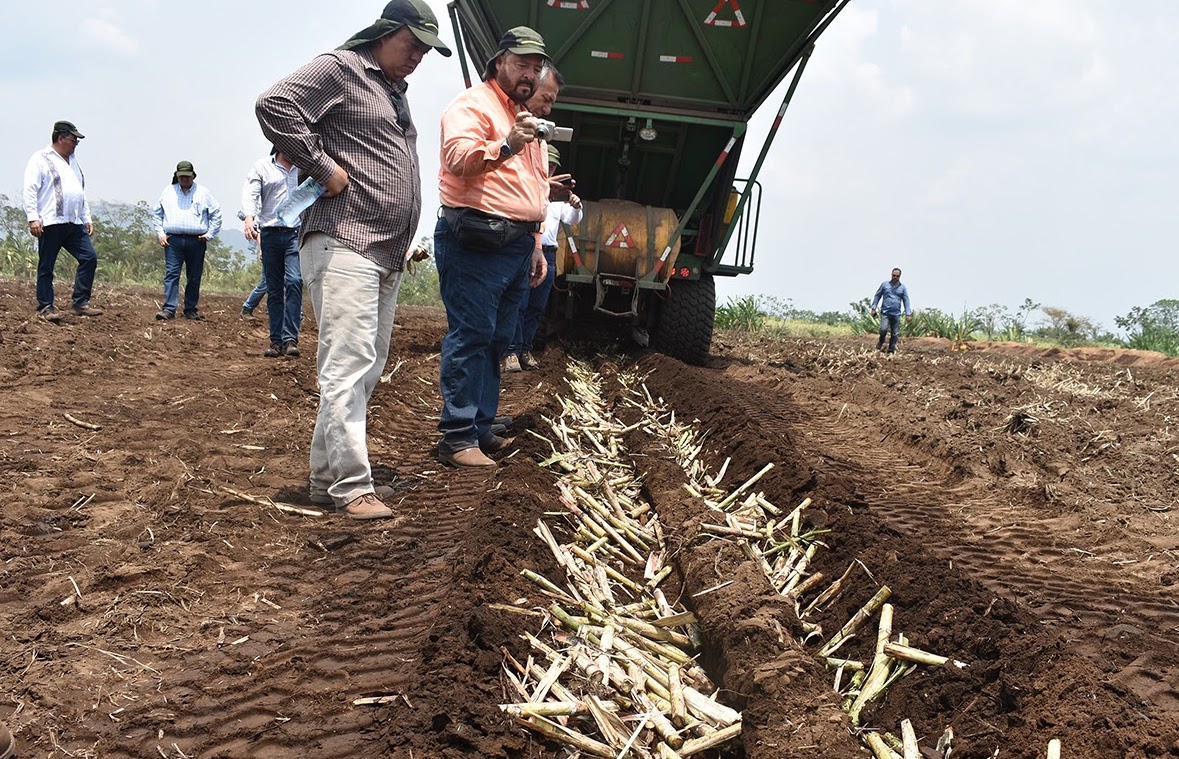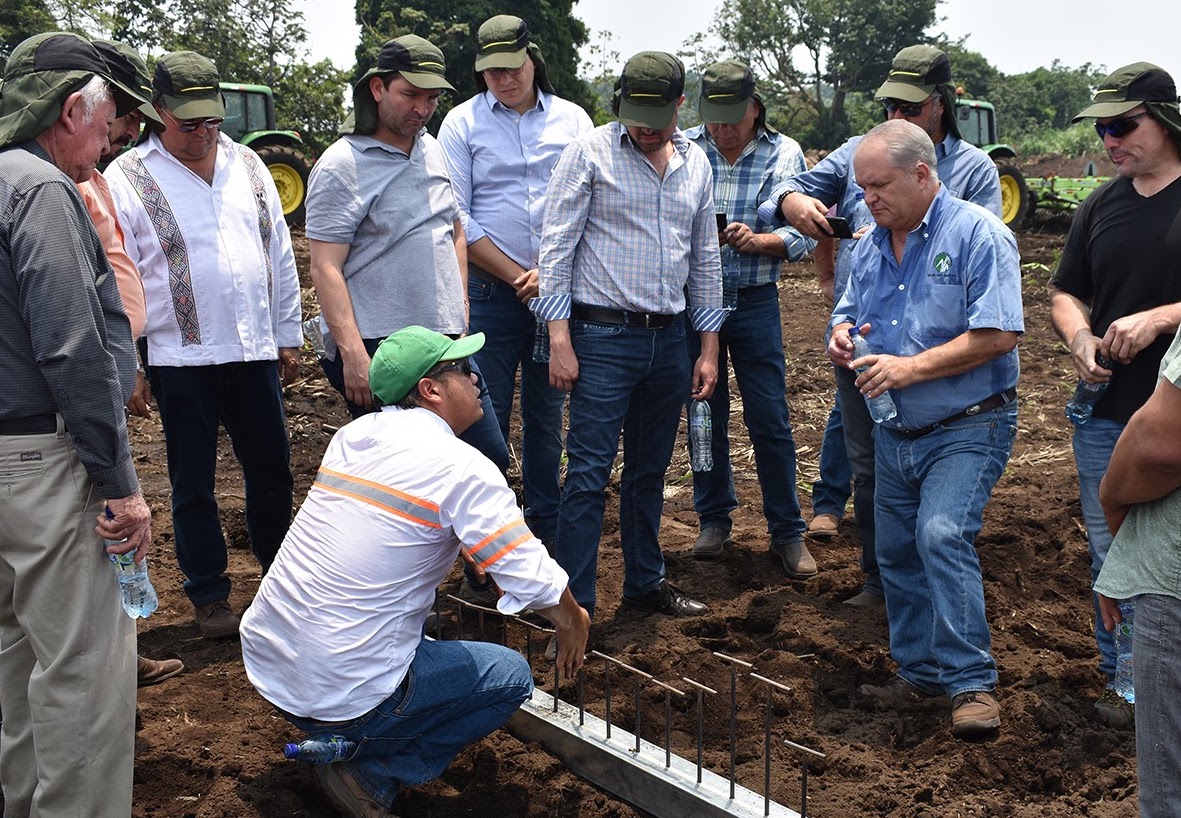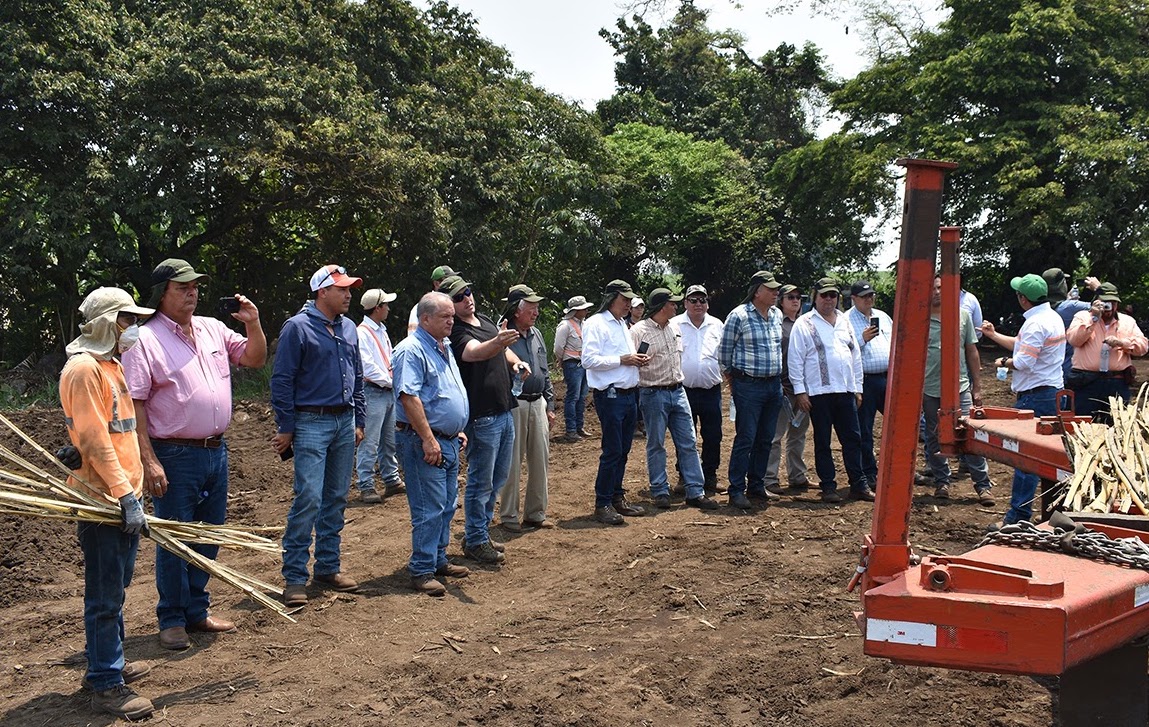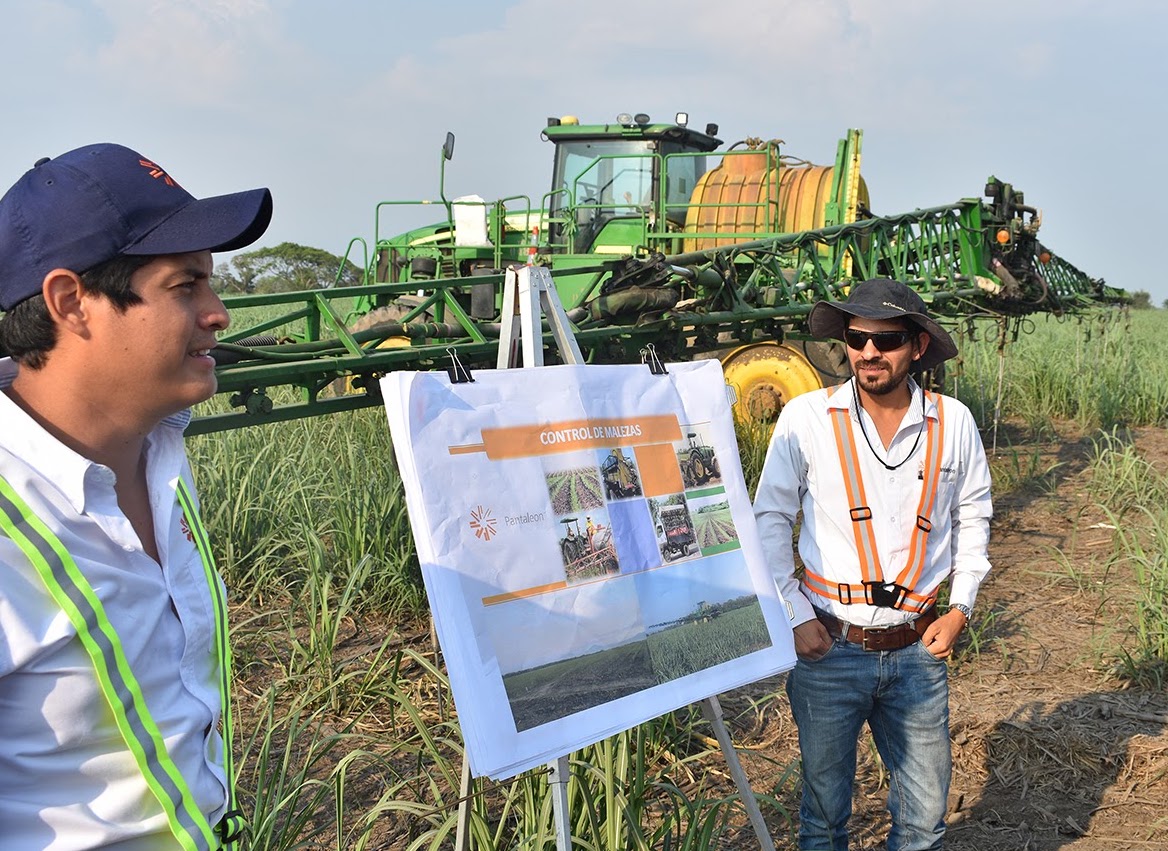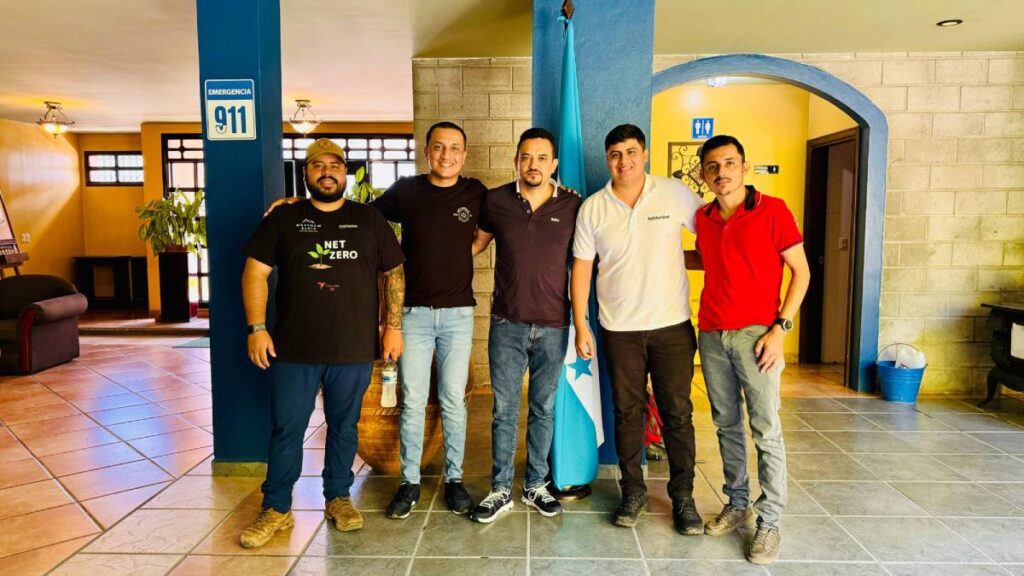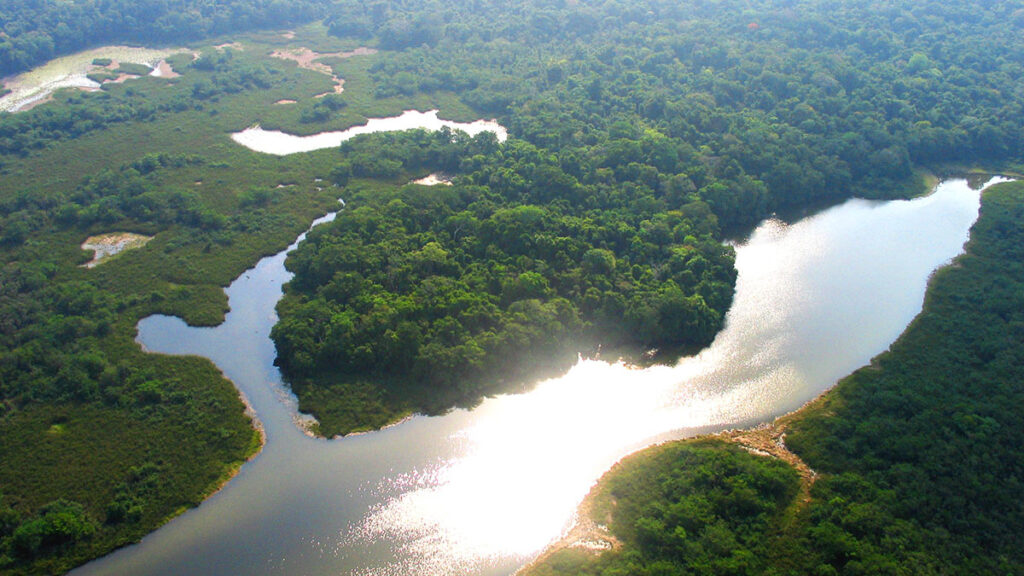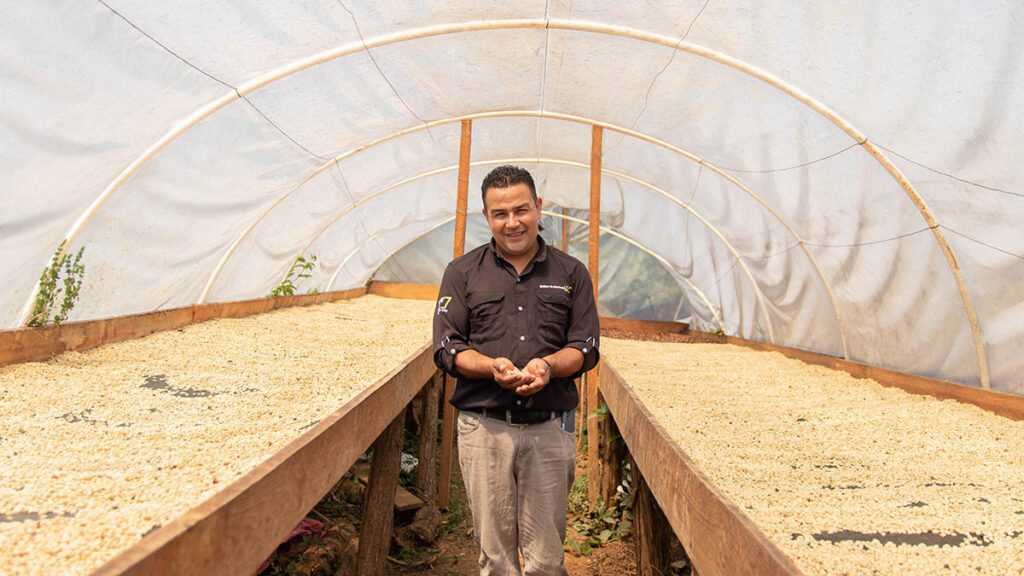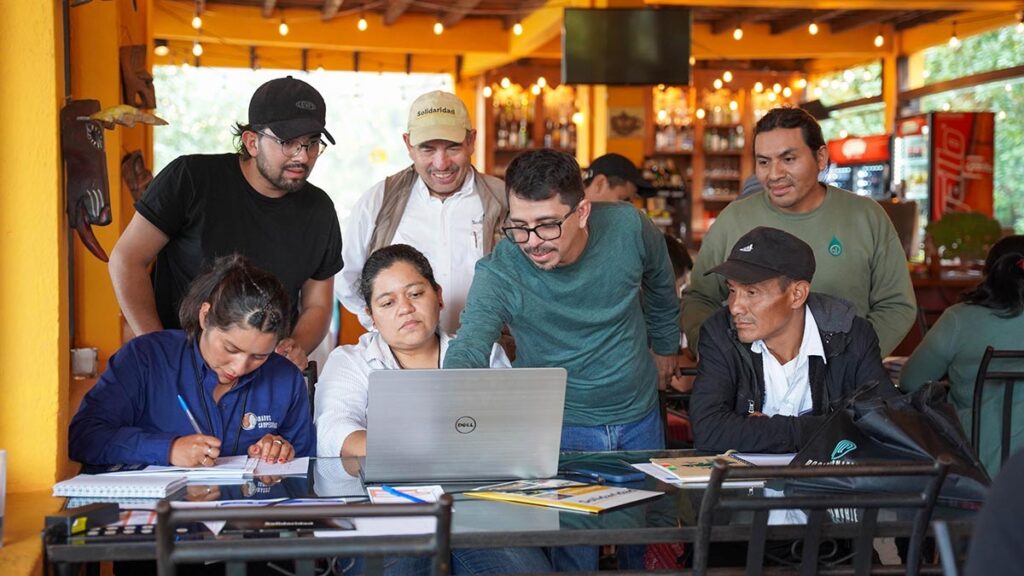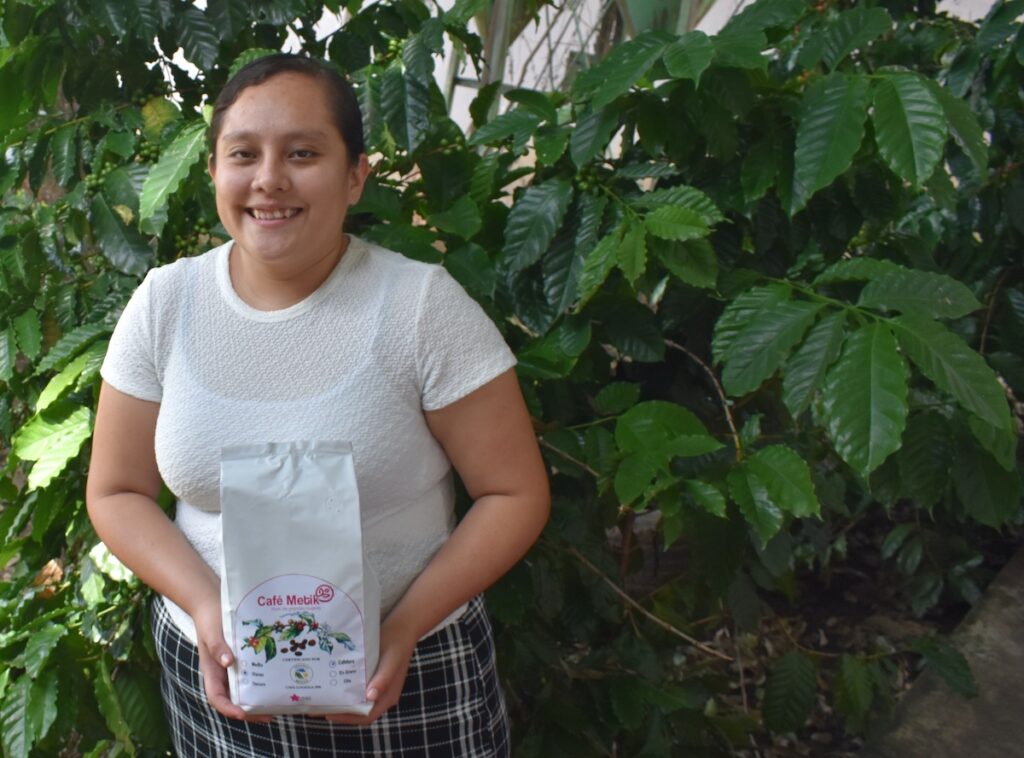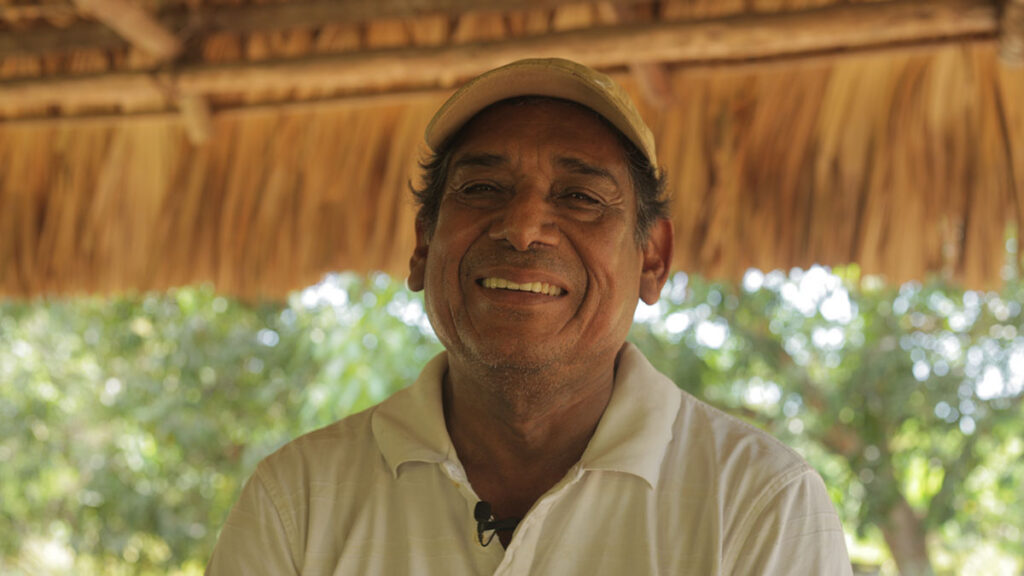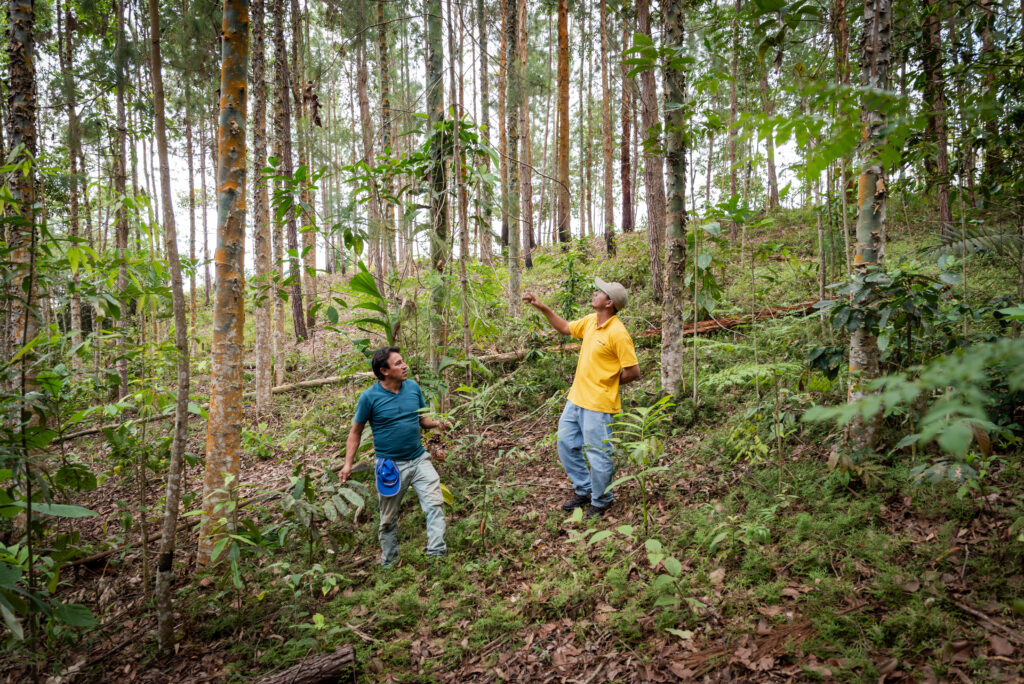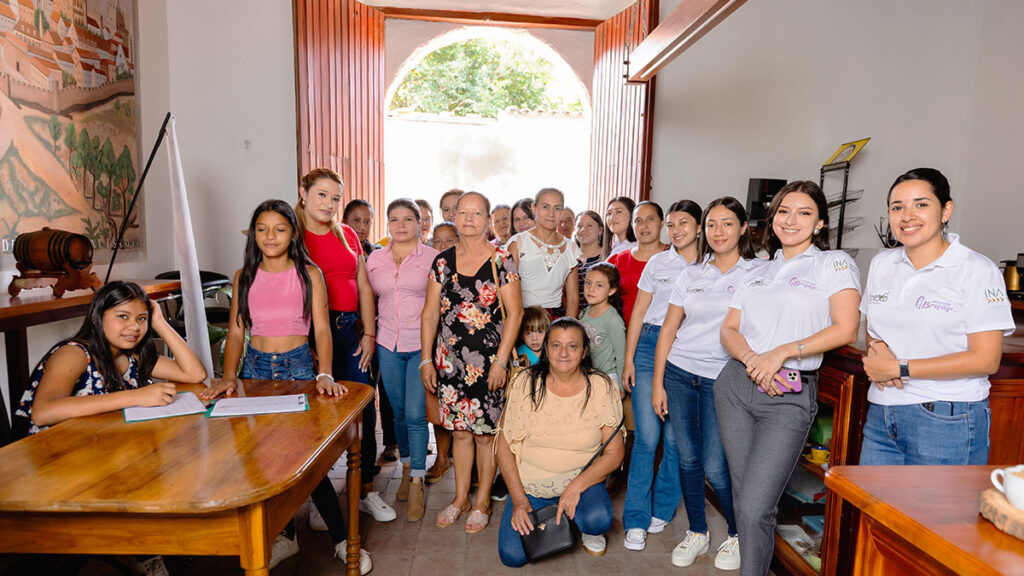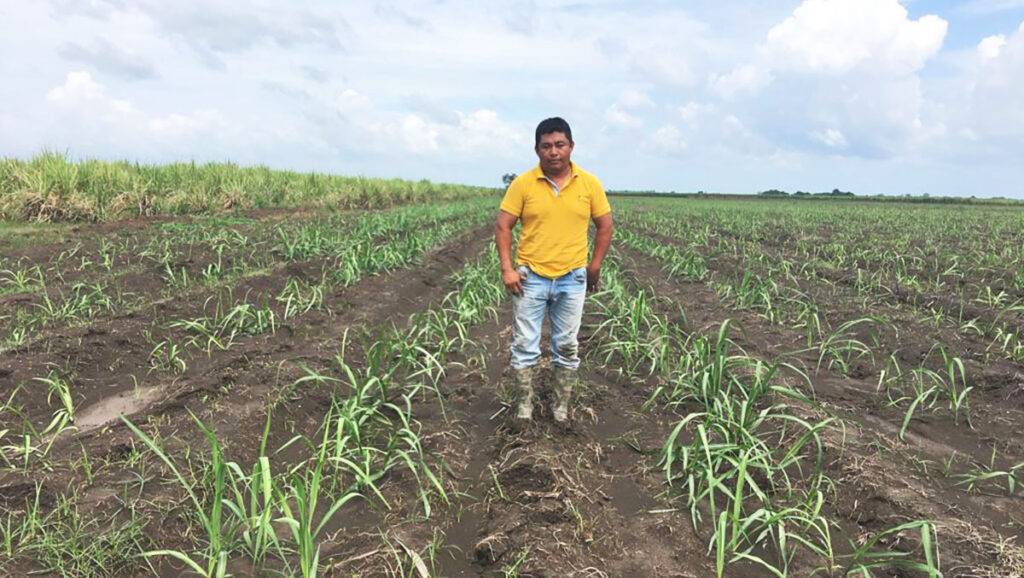Strengthening inclusiveness through training for sugarcane smallholders
In 2018, Solidaridad partnered with international agri-input company Bayer Crop Science to implement the MAS-CAÑA project in Mexico, which provides good practices training for smallholders.
In 2019, Solidaridad organized an experience-exchange visit to the Pantaleón Sugar Mill in Guatemala for a group of smallholders from the Plan de San Luis Sugar Mill from Mexico.
“We learned new techniques and practices [that are] very different from what we do here. They set a high bar for us to reach. Due to this, we requested support from the Ministry of Economy for investment in new technologies. This resulted in a subsidy to bring the RTK signal to the Ciudad Valles area,” said René González, Plan de San Luis’s UNC-CNPR president.
With the real-time kinematic (RTK) signal, producers will be able to implement precision agriculture, affording more efficient controls for drones, self-guided tractors, and other technology-based improvements that help scale sustainable practices in sugarcane.
Also in 2019, Solidaridad offered a diploma course, in partnership with the National Technological Institute of Mexico, Ciudad Valles Campus. Producers from San Luis Potosí made up the first cohort that graduated from the course. Aside from building capacity in the production of socially, economically and environmentally responsible sugarcane, the smallholder course prepares young people and women for generational change.
“I am a member of the third generation of [sugarcane] producers in my family. Because I have witnessed the work and evolution of the family business, love for this land courses through my veins. I became more actively involved at a key moment, when changes and improvements needed to be implemented in three very important areas: care for the environment, inclusion of women and youth, and improvements in producers’ working conditions,” said Alejandra Acuña, one of the diploma recipients who is originally from San Luis Potosí.

Due to MAS-CAÑA’s success and to overcome challenges arising from the pandemic in 2020, Solidaridad adapted certain programme initiatives to an online delivery, to reach a broader audience. Producers and technicians alike accessed their courses through the PanameriCaña online platform and other digital tools.
Programmes and webinars to promote health, safety and mechanized practices in sugarcane
In 2017, Solidaridad and Coca Cola began a programme called Sustainable Agriculture in the Adolfo López Mates Sugar Mill from Grupo PIASA. Through Sustainable Agriculture, Solidaridad supported the mill to implement a variety of programmes to promote the shade, rest & hydration protocol, capacity building for health & safety of sugarcane workers, and to ensure fair labour practices, such as zero child labour.
We have had great results with the protocol, making sure that sugarcane workers sit for 20 minutes to rest, drink water and sharpen their tools under tents. We have seen this protocol work for three harvest seasons, and have noticed an increase in sugarcane workers returning season after season.
Jaime Delgado, corporate director of HR for Grupo PAISA
“Finding an organization like Solidaridad’s PanameriCaña to serve as an interlocutor with workers and supervisors was very important to the success of this and other programmes in the pilot, as well as to aid us in creating and implementing the programmes and action plans required to comply with certification processes,” said Jaime Delgado, corporate director of HR for Grupo PAISA.
During the 2020 health crisis, Solidaridad used webinars to promote a myriad of good practices throughout the supply chain, including health and safety for sugarcane workers, the Bonsucro certification for partners and mechanized practices during the harvesting season.
In August 2020, Solidaridad held a webinar in partnership with SER San Antonio Group to share the actions the San Antonio Sugar Mill is taking to ensure sugarcane workers’ health and safety on the field. Denis Chavarría, the mill’s occupational health manager shared information about how to protect workers from heat stress through shade, rest and hydration programmes.
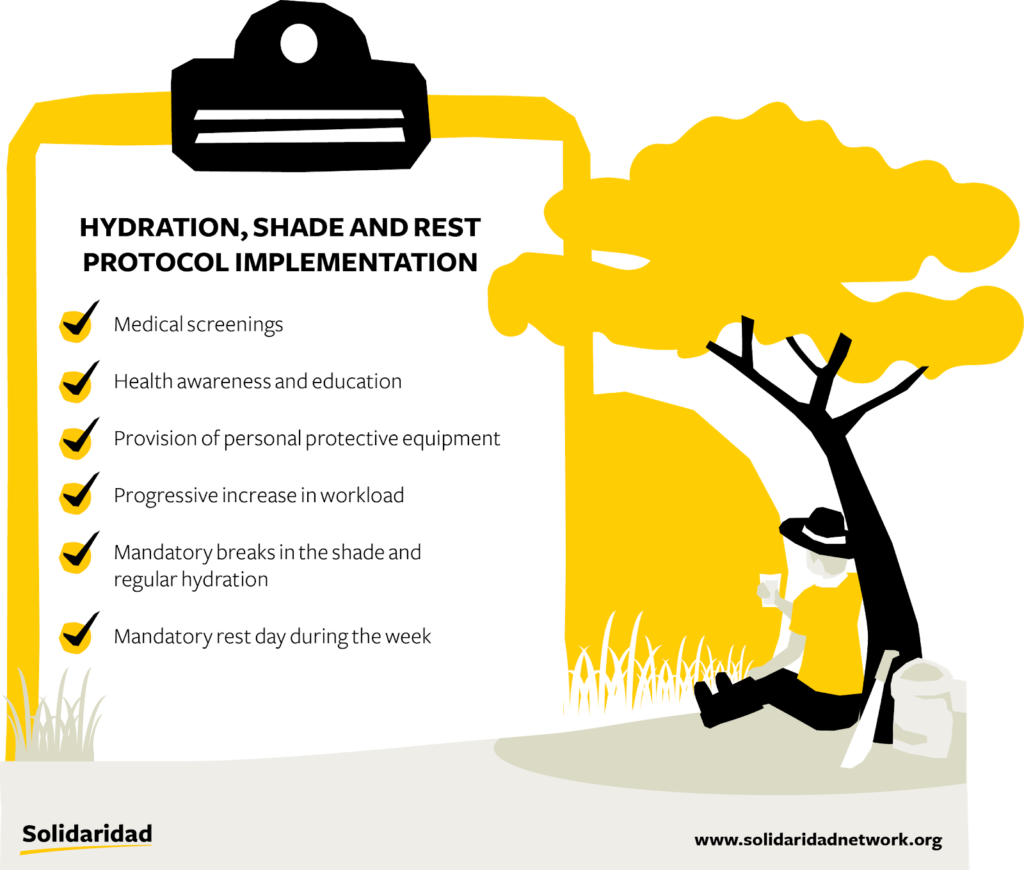
Through PanameriCaña, Solidaridad also held three international workshops to promote and train participants on the Bonsucro standard. The first was held in early March in El Salvador, and subsequent workshops were held online. The team also launched invitations for a fourth session to be executed online in 2021.
In October, Solidaridad again partnered with SER San Antonio in a two-part web conference series in which attendees learned about transitioning from manual harvest practices to mechanized practices. Presenters discussed the impacts of mechanized practices from economic, social and environmental perspectives, as well as provided a historical review of mechanized practices, loss monitoring, innovations and results from pilot programmes conducted in the field. PanameriCaña strategically promoted health and safety practices to address harvesting during the COVID-19 pandemic in the mechanization conference series.
Partnering with Beta San Miguel to turn producers into business people
Solidaridad provided training to workers from Beta San Miguel Group’s 11 sugar mills through diploma courses— two in-person and four online, using the PanameriCaña platform.
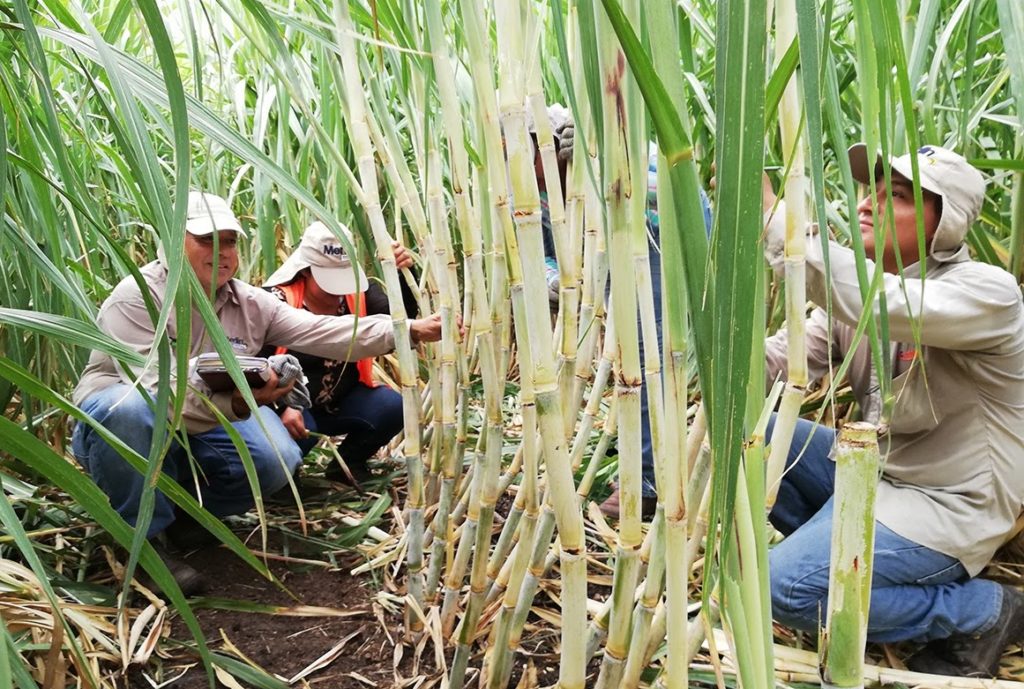
“The courses provide tools to make plantations more productive, and producers can increase their income by applying the knowledge and tools. The courses showed new ways of working like drones and weed control. The fact that the smallholders are more productive is a great benefit for us, since their sugarcane is of higher quality,” said Roxana Quinto, Beta San Miguel Foundation manager.
According to Itzel López, Beta San Miguel corporate social responsibility manager, the group’s vision is to continue training by phases to reach 100% of their smallholders.
“Our philosophy is to turn producers into business people, so we are seeking to elevate the standards of their work. We want them to learn practices that will help them improve productivity and increase their family income,” said Ms. López.
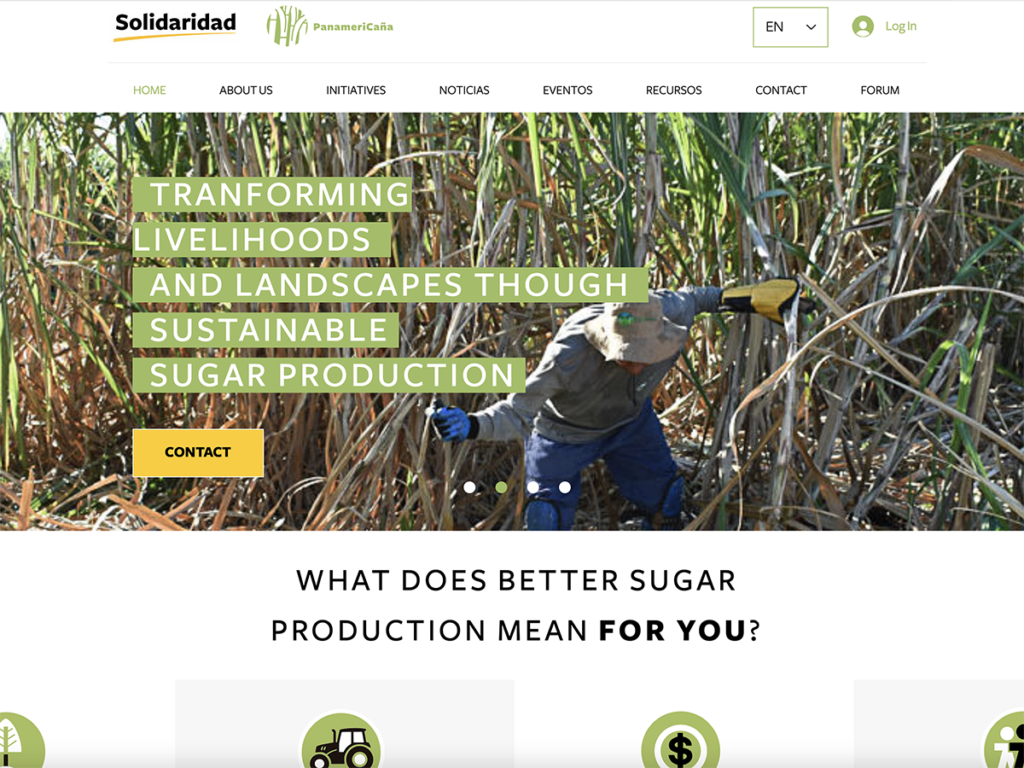
The Group reached out to a small sample of producers who took the course in 2019 and found that 8 out of the 11 surveyed producers implemented integrated weed management and irrigation systems. Of the surveyed producers, 100 percent expected to see returns in productivity from implementing new practices.
Access through the PanameriCaña online platform has allowed Beta San Miguel Group training programme to scale and reach a wide audience for the courses. Next steps include documenting the new practices that programme alumni have implemented in their plots, along with results obtained, to foster increased participation in the courses.
“The online diploma courses reach producers from Tabasco, San Luis Potosí and other areas. We will reach out to producers locally through the field department, in collaboration with our Foundation, to obtain these stories,” said Ms. Quinto.
Solidaridad is committed to supporting Beta San Miguel in developing the success stories in partnership with the Group’s team. “Gathering the stories is important because it will help us to motivate more producers to take the course, learn and apply these practices,” added Ms. López.

